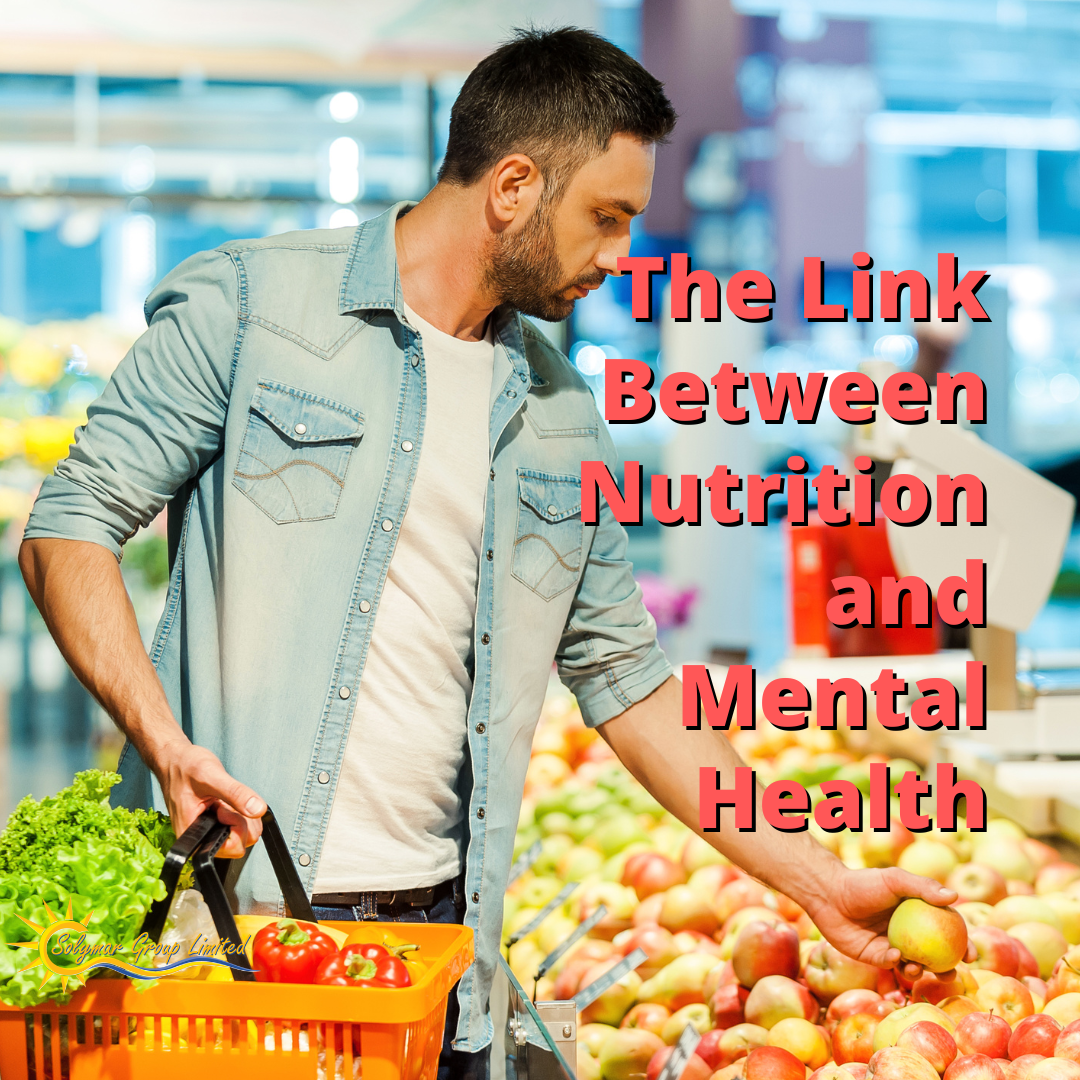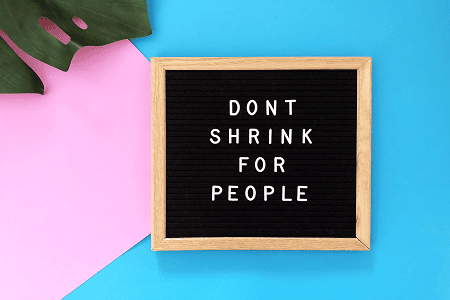 Good nutrition is essential for physical health and well-being, but it is also an important factor in mental health. Eating a balanced diet that includes the right nutrients can help to support mental health, while poor nutrition can lead to physical and mental health problems. In this article, we will explore the link between nutrition and mental health, discuss key nutrients for mental health, and provide strategies for improving nutrition and mental health.
Good nutrition is essential for physical health and well-being, but it is also an important factor in mental health. Eating a balanced diet that includes the right nutrients can help to support mental health, while poor nutrition can lead to physical and mental health problems. In this article, we will explore the link between nutrition and mental health, discuss key nutrients for mental health, and provide strategies for improving nutrition and mental health.
The Relationship Between Diet and Mental Health
Research has shown that there is a strong connection between diet and mental health. Poor nutrition can lead to physical health problems such as obesity, heart disease, and diabetes, which can in turn have a negative impact on mental health. Studies have also shown that certain nutrients can have a positive effect on mental health, while deficiencies in certain nutrients can lead to mental health issues.
Physical health problems can also lead to mental health issues. For example, obesity can lead to low self-esteem, depression, and anxiety. Poor nutrition can also lead to fatigue, which can make it difficult to concentrate and make it harder to cope with stress. Additionally, poor nutrition can affect the body’s ability to produce and regulate hormones, which can lead to mood swings and other mental health issues.
Key Nutrients for Mental Health
Certain nutrients are especially important for mental health. Omega-3 fatty acids, for example, are essential for brain function, and studies have shown that they can help to reduce symptoms of depression and anxiety. B vitamins are also important for mental health, as they are involved in the production of neurotransmitters, which are chemicals in the brain that regulate mood. Vitamin D is also important for mental health, as it helps to regulate the body’s levels of serotonin, which is a neurotransmitter that plays a role in mood.
The Role of Food in Mental Health Treatment
Food can be used as a tool in treating mental health conditions. Eating a balanced diet that includes the right nutrients can help to support mental health, while poor nutrition can lead to physical and mental health problems. Additionally, certain foods can help to boost mood and reduce symptoms of depression and anxiety. For example, foods that are high in omega-3 fatty acids, such as fatty fish, can help to reduce symptoms of depression and anxiety.
Food choices can also affect the effectiveness of medications and other treatments. For example, some medications can be affected by foods that are high in certain nutrients, such as calcium and iron. Additionally, certain foods can interact with medications, so it is important to talk to a doctor or pharmacist about any dietary restrictions that may be necessary.
Strategies for Improving Nutrition and Mental Health
Improving nutrition and promoting better mental health is an important step in managing mental health conditions. Meal planning can be a helpful tool in achieving this goal, as it can help to ensure that meals are balanced and nutritious. Incorporating more whole foods, such as fruits, vegetables, whole grains, and lean proteins, into one’s diet can also help to improve nutrition and mental health. Additionally, avoiding processed foods and added sugars can help to improve mental health.
Common Nutrition and Mental Health Challenges
One of the most common challenges that people face when trying to improve their nutrition and mental health is finding the time and energy to plan and prepare healthy meals. Additionally, it can be difficult to stick to a healthy diet in a world filled with unhealthy food options. It can also be difficult to make healthy food choices when faced with cravings or emotional eating.
Strategies for Overcoming Challenges
Meal planning can be a great way to save time and energy when it comes to preparing healthy meals. Additionally, it can be helpful to keep healthy snacks on hand to help avoid unhealthy food cravings. Finally, it can be helpful to seek support from a dietitian or nutritionist to help create an individualized plan for better nutrition and mental health.
Conclusion
Good nutrition is an important factor in mental health and well-being. Eating a balanced diet that includes the right nutrients can help to support mental health, while poor nutrition can lead to physical and mental health problems. Additionally, certain nutrients, such as omega-3 fatty acids and B vitamins, can have a positive effect on mental health. Nutrition can also be used as a tool in treating mental health conditions, and there are strategies that can help to improve nutrition and mental health. However, there can be challenges when it comes to improving nutrition and mental health, so it is important to seek support when needed. We encourage readers to prioritize good nutrition habits and seek support when needed in order to achieve better mental health.
Hashtags: #nutrition #mentalhealth #balanceddiet #nutrients #mealplanning #wholefoods #healthysnacks #dietitian #nutritionist #wellbeing






